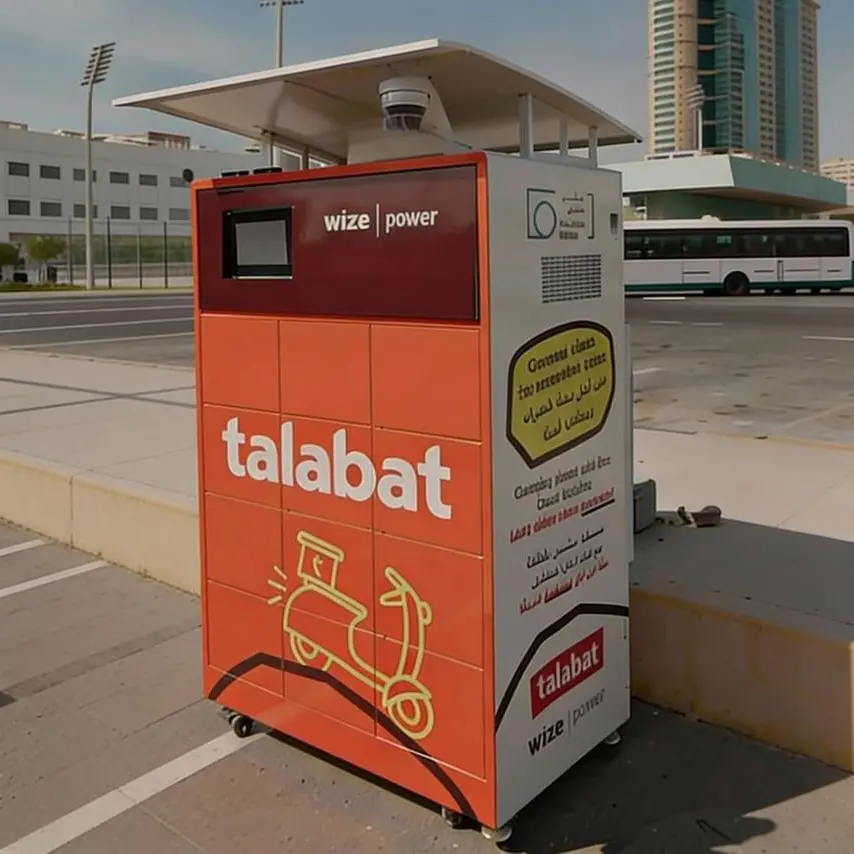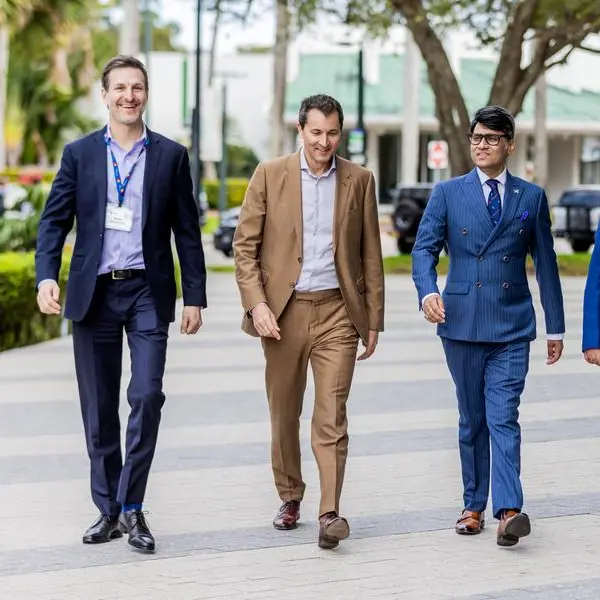Abu Dhabi, United Arab Emirates: - An integrated policy framework built around the energy transition could bring a wave of new sustainable energy investment to Africa, growing the region’s economy by 6.4 per cent by 2050, results of an analysis published today by the International Renewable Energy Agency (IRENA) in collaboration with the African Development Bank (AfDB) revealed.
The report, ‘Renewable Energy Market Analysis: Africa and its Regions,’ shows that Africa is prospering significantly from development enabled by renewables, while greatly improving energy access and offering profound welfare and environmental benefits to people across the continent.
Its vision for an energy transition in Africa aligned with global climate ambition, shows the continent generating 26 million more economy-wide jobs by 2050 than is anticipated under a business as usual scenario plans. Jobs created through the energy transition in Africa would outstrip fossil fuel related job losses by a factor of four, presenting a significant net gain to regional economies. Around two million people currently work in the fossil fuel industry in Africa.
“Africa’s governments and people are too often asked to rely on unsustainable fossil fuels to power their development when renewable energy and energy efficiency solutions offer economically attractive and socially beneficial alternatives,” said Francesco La Camera. “The transition offers a unique opportunity for Africa to meet its development imperatives. Through tailored policy packages, African countries can harness their strengths and resources to overcome long-established structural dependencies.”
“Africa is endowed with abundant renewable energy sources, upon which it can sustainably base its ambitious socio-economic development. However, this requires strong political commitment, a just and equitable energy transition framework, and massive investments. The African Development Bank is committed to supporting the continent’s energy transition, by facilitating increased private sector investments through its expanding range of green finance instruments, including the Sustainable Energy Fund for Africa,” said Dr. Kevin Kariuki, African Development Bank, Vice President for Power, Energy, Climate & Green Growth.
Coal, natural gas and oil together account for about 70 per cent of Africa’s total electricity generation today and conventional power attracts far more funding than renewables in Africa, owing to an established process that favours less capital-intensive thermal generation, the report notes. Energy transition finance must become more readily accessible. Coordinated efforts should be made to ensure public spending – the dominant source of energy transition finance in Africa – clearly prioritises renewables.
Of the $2.8 trillion invested in renewables globally between 2000 and 2020, only two per cent went to Africa, despite the continent’s enormous renewable energy potential and its need to bring modern energy to billions of citizens still lacking access. While the rate of access to energy in Sub-Saharan Africa rose from 33 per cent to 46 per cent over the last decade, rapid population growth meant 570 million people still lacked electricity access in 2019 – 20 million more than 10 years ago. About 160 million more people lacked access to clean cooking over the same period.
“Enabling African countries, which have contributed little to historic greenhouse gas emissions, to develop, while recognising the need to address the climate emergency is imperative,” said Director-General La Camera. “International cooperation, including South-South cooperation, will be key to mobilising resources and know-how at the scale and speed proportionate to the needs of Africa’s economies, its communities and its people.”
-Ends-
About the International Renewable Energy Agency (IRENA)
IRENA is the lead intergovernmental agency for the global energy transformation that supports countries in their transition to a sustainable energy future and serves as the principal platform for international co-operation, a centre of excellence, and a repository of policy, technology, resource and financial knowledge on renewable energy. With 167 Members (166 States and the European Union) and 17 additional countries in the accession process and actively engaged, IRENA promotes the widespread adoption and sustainable use of all forms of renewable energy in the pursuit of sustainable development, energy access, energy security and low-carbon economic growth and prosperity.
Contact information:
Damian Brandy, Communications Officer, IRENA, dbrandy@irena.org ; +971 2 417 9016
© Press Release 2022
Disclaimer: The contents of this press release was provided from an external third party provider. This website is not responsible for, and does not control, such external content. This content is provided on an “as is” and “as available” basis and has not been edited in any way. Neither this website nor our affiliates guarantee the accuracy of or endorse the views or opinions expressed in this press release.
The press release is provided for informational purposes only. The content does not provide tax, legal or investment advice or opinion regarding the suitability, value or profitability of any particular security, portfolio or investment strategy. Neither this website nor our affiliates shall be liable for any errors or inaccuracies in the content, or for any actions taken by you in reliance thereon. You expressly agree that your use of the information within this article is at your sole risk.
To the fullest extent permitted by applicable law, this website, its parent company, its subsidiaries, its affiliates and the respective shareholders, directors, officers, employees, agents, advertisers, content providers and licensors will not be liable (jointly or severally) to you for any direct, indirect, consequential, special, incidental, punitive or exemplary damages, including without limitation, lost profits, lost savings and lost revenues, whether in negligence, tort, contract or any other theory of liability, even if the parties have been advised of the possibility or could have foreseen any such damages.



















